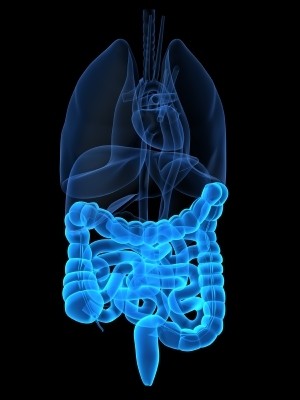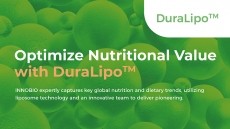EC expects "smooth adoption" of article 13 health claims list in Q1 2012

The controversial article 13.1 list, which comprises 2758 claim opinions on essential and non-essential nutrients from the European Food Safety Authority (EFSA) published in six batches, could be law by March 2012, a DG Sanco spokesperson said.
"We are expecting a smooth adoption," he said.
About 80% of the claim submissions have been rejected by EFSA’s health claims panel, with vitamins and minerals and omega-3s fairing the best, while probiotics, carotenoids, antioxidants and many herbs have been handed rejections.
It is possible that EFSA’s opinions can be reviewed and altered by the European Commission and member states although DG Sanco’s statement that the opinions are close to law-making status, indicates this is unlikely to occur for the majority of opinions.
But the list has been in the public domain for some time and points have already been raised by some member states in areas such as conditions of use and disclaimers.
A spokesperson for the European Federation of Associations of Health Product Manufacturers (EHPM) – a vocal critic of the nutrition and health claims regulation (NHCR) due to what it says is a bias against non-essential nutrient science – said revision of claim opinions remained possible and there were many member states with questions about EFSA’s work.
In addition, a host of probiotic rejections are being resubmitted in an EC opened window that closes at the end of September, as they were initially rejected on the grounds of inappropriate strain characterisation.
The status of about 1500 herbal applications is also unclear, as they have been removed from the system and will be reviewed at a later date.
Pause for thought?
While their call for a pause in the process would appear to have not been heeded, groups like EHPM continue to pin hope on revision via member states.
“Surely when an approach like the one adopted by EFSA is not capable of confirming that a diet rich in fruit and vegetables promotes heart health despite many health recommendations expressing the contrary, this should at least raise questions about its appropriateness,” the group’s chairman Peter van Doorn said recently.
“We have consistently voiced concern over the way in which the claims assessment process is being carried out, not least because of inappropriate criteria being used to evaluate article 13.1 claims which does not weigh or take into account the totality of the available data.”
“The outcome of the process shows we have been right and we hope that the authorities will seriously consider the implications for both consumers and market innovation of the EFSA approach and halt the establishment of the article 13.1 list until a proper framework is put in place that is able to assess all health effects of food components and not only those that are equivalent to medical interventions.”
EFSA has said that guidelines for psychological claims are also set to be published soon.















